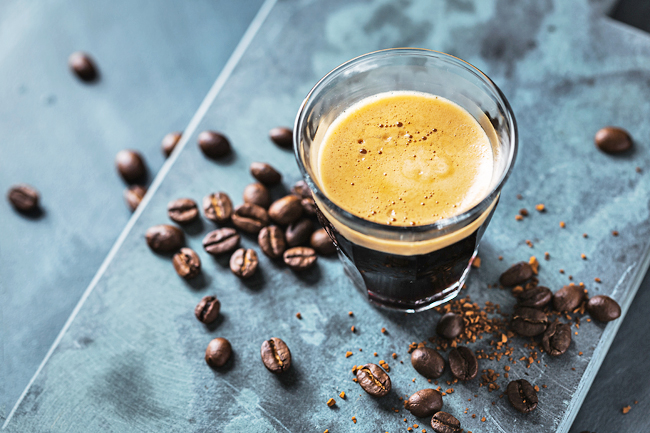DPA – It can be pretty compelling to watch how little green coffee beans turn brown, then crack open. Roasting your own coffee is fun, no doubt about it.
But go steady as there are health risks involved, especially if you are a heavy consumer of coffee.
When you roast the beans yourself, you heat them to about 200 degrees Celsius, whether you’re using a pan, oven, popcorn machine or professional home roaster.
That high temperature evaporates the moisture and the beans grow larger, change colour and release their aroma.
However, consumer advisors warn that roasting coffee produces acrylamide, a byproduct of heating certain foods to high temperatures that should be consumed in the smallest quantities possible.
“Laboratory tests show that acrylamide in the diet causes cancer in animals,” the United Kingdom’s Food Standards Agency said. “Scientists agree that acrylamide in food has the potential to cause cancer in humans as well.”
This substance can also be found in starchy foods like potatoes and bread after they have been roasted, baked or fried at high temperatures for long periods.
“Eat a varied and balanced diet” is the general advice from the medical experts of Britain’s National Health Service. “While we cannot completely avoid risks like acrylamide in food, this will help reduce your risk of cancer.”
If you’re buying ready-roasted coffee, food producers have to observe fixed guidelines in many countries, but you don’t have that kind of protection at home, say nutrition experts.
So you might want to consider how much coffee you drink and whether you are better off buying roasted beans or if you prefer to prepare your own at home.








